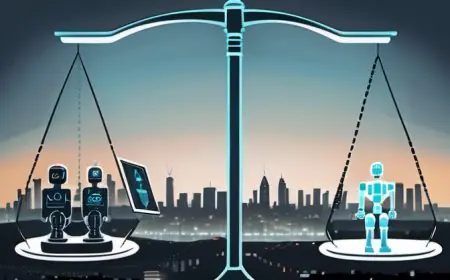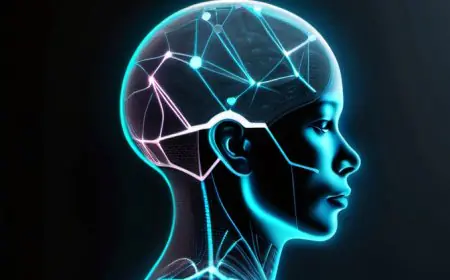Understanding Hair Loss: Causes and Effective Treatments

Hair loss is a concern that can affect individuals globally, with varying degrees of severity and different causes. While some hair shedding is a natural process, excessive loss can lead to noticeable thinning or baldness. This article explores the primary causes, available treatment approaches, and strategies to help reduce its impact.
What Causes Hair Loss?
Hair loss can occur due to various factors. The more commonly observed causes are:
Genetic Factors: Hereditary loss is one of the most frequent causes. This condition, known as androgenetic alopecia, can affect men and women alike. It progresses gradually, often resulting in receding hairlines or thinning at the crown.
Medical Conditions: Certain health conditions may contribute to loss. Hormonal imbalances connected to thyroid issues or conditions such as polycystic ovary syndrome (PCOS) may result in hair shedding. Autoimmune disorders can also cause the immune system to attack hair follicles.
Dietary Deficiencies: An inadequate intake of nutrients like iron, zinc, and protein can interfere with hair growth.
Stress: Chronic stress can disrupt the hair growth cycle, where a larger-than-normal amount of hair enters the shedding phase.
Hair Care Practices: Frequent use of harsh chemicals and heat-based styling tools may damage hair and contribute to breakage or loss over time.
How Is Hair Loss Treated?
Addressing hair loss may depend on identifying the underlying cause. There are multifaceted treatment options available, ranging from topical aids to advanced medical interventions. Explore these options under professional guidance, as different treatments may suit varying causes and individual needs.
Topical Solutions: Products containing active ingredients are commonly used to promote hair regrowth. These are applied directly to the scalp and may support follicle activity.
Oral Medications: For certain types of loss, prescription medications may be used to regulate hormone levels or address specific physical conditions.
Hair Restoration Procedures: For those with more advanced hair thinning or baldness, surgical options such as hair transplants may be considered.
Lifestyle Adjustments: Changes to hair care routines or diets may help improve the condition of hair.
Ways to Prevent Loss?
While not all forms of loss are avoidable, steps can be taken to mitigate risks. Adopting healthier habits and paying attention to overall well-being often play a role in reducing hair shedding. This can be accomplished by eating a diet rich in vitamins and minerals that support hair health, and having regular check-ups with your doctor to help detect any conditions or imbalances early on.
Keeping the scalp clean, well-moisturized, and free of buildup can create a conducive environment for hair follicles to thrive. Avoid vigorous brushing, heat treatments, and harsh chemical products, which can increase breakage or damage to hair strands. Finding ways to manage stress also may help support a health hair cycle.
Next Steps to Address Hair Loss
Understanding hair loss begins with recognizing the reasons behind it. Since causes and treatments vary widely, a tailored approach is often recommended. Consulting a healthcare or hair specialist can be an effective first step toward identifying the most appropriate course of action. If you’re experiencing excessive shedding or thinning, take proactive steps to aid in managing hair health more effectively.
What's Your Reaction?



















































































